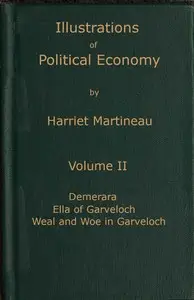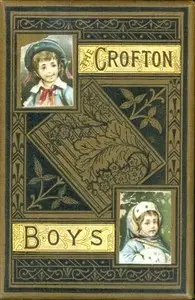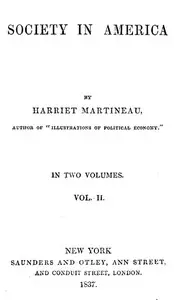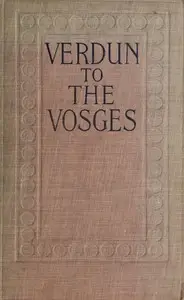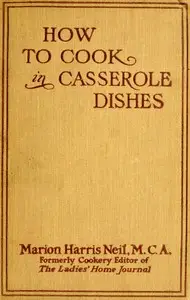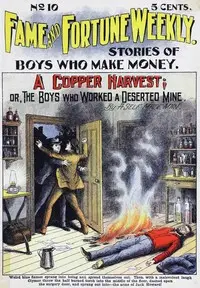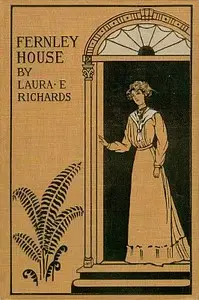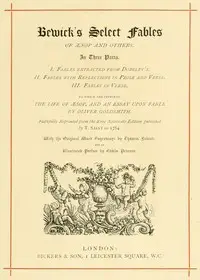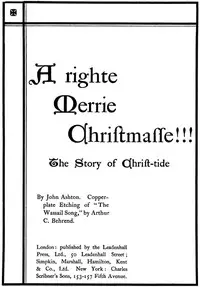"Illustrations of Political Economy, Volume 7 (of 9)" by Harriet Martineau is a collection of social and economic insights written in the mid-19th century. This particular volume contains narratives that aim to illustrate complex political economy concepts through relatable tales. The overarching theme of the book revolves around the struggles faced by the lower classes during a period of economic hardship, examining how societal structures impact individual lives and labor. The opening of the volume introduces the chapter "Sowers Not Reapers," painting a vivid picture of a drought-stricken Yorkshire landscape as two women, Mrs. Kay and Mary, await news of rain. Their conversations reveal the grim realities of their lives, marked by shortages of food and uncertainty about the future. Mrs. Kay expresses her fears regarding the poor harvest and the dangers lurking in their surroundings, highlighting the tension and anxiety prevalent among the working-class characters. Meanwhile, the narrative deftly underscores the disparity between the toil of the poor and the abundance enjoyed by the more fortunate, setting the stage for an exploration of the broader implications of economic policies and societal neglect experienced by the laboring class. (This is an automatically generated summary.)
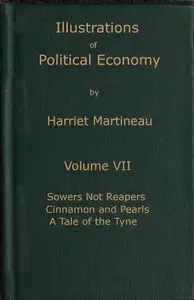
Illustrations of political economy, Volume 7 (of 9)
By Harriet Martineau
"Illustrations of Political Economy, Volume 7 (of 9)" by Harriet Martineau is a collection of social and economic insights written in the mid-19th cen...
Harriet Martineau was an English social theorist. She wrote from a sociological, holistic, religious and feminine angle, translated works by Auguste Comte, and, rarely for a woman writer at the time, earned enough to support herself. The young Princess Victoria enjoyed her work and invited her to her 1838 coronation. Martineau advised "a focus on all [society's] aspects, including key political, religious, and social institutions". She applied thorough analysis to women's status under men. The novelist Margaret Oliphant called her "a born lecturer and politician... less distinctively affected by her sex than perhaps any other, male or female, of her generation."


